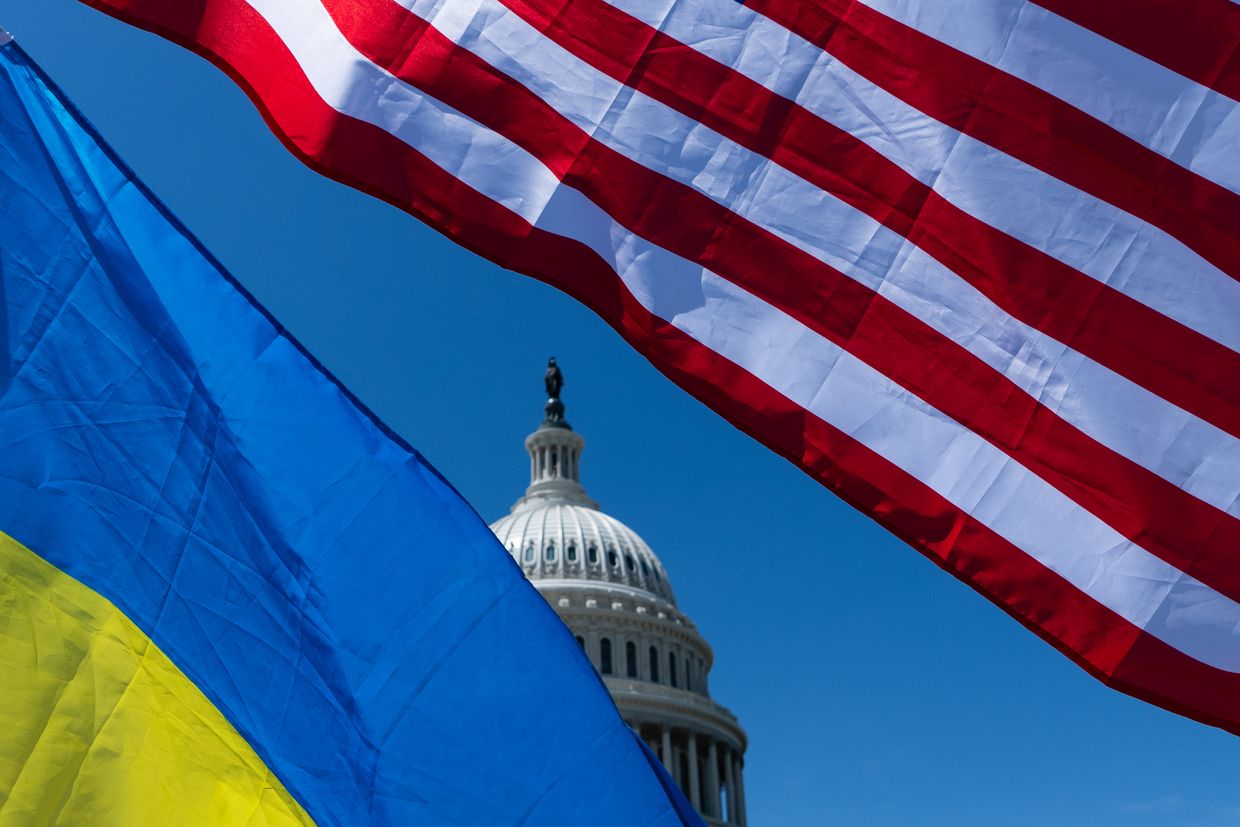European officials opening up to 'land-for-security' deal in Ukraine, WP reports

Kyiv's European partners are increasingly preparing for a deal that could include Ukraine giving up on some of its territories in return for security guarantees, the Washington Post reported on Nov. 13, citing interviews with 10 current and former Western officials.
The news comes amid Ukraine's mounting setbacks on the battlefield and uncertainties about U.S. support under incoming President Donald Trump. The U.S. president-elect has pledged to end the war "within 24" hours, sparking concerns he might push Ukraine toward painful concessions.
While publicly declaring full support for Ukraine, the idea of ceding territory is quietly gaining more traction among Western officials, even though the details of such an agreement remain unclear, the Washington Post wrote.
"I think everybody has more or less reached this conclusion. It's hard to say it publicly because it would be a way of saying we are going to reward aggression," Gerard Araud, a former French ambassador to the U.S., told the news outlet.
The proposal is being allegedly reframed from "land-for-peace" to "security-for-peace" to stress the necessity for security guarantees that would prevent further Russian aggression.
Russia currently occupies roughly one-fifth of Ukraine's territory in the south and the east.

Kyiv has repeatedly said that entry to NATO is the most secure way to avert future wars, but the proposal has met cold responses from a number of allies. Quick accession seems even more unlikely now as one proposal from Trump's team reportedly includes delaying Ukraine's entry by at least 20 years and instead supplying it with sufficient arms to repel Russia on its own.
Ukraine and Russia held unsuccessful negotiations in early 2022. The initial version of Russia's peace proposal issued shortly after the start of the full-scale invasion and leaked to the media this year was described as an effective surrender of Ukraine.
The terms became more moderate later on and included reducing Ukraine's military size, prohibiting NATO entry but allowing EU accession, and postponing the matter of occupied territories to a later date. The treaty would be backed by international guarantors like the U.K., the U.S., China, and France.
The negotiations eventually failed, and no direct talks have been held between Ukraine and Russia since then. Kyiv has insisted that a peace settlement should be based on President Volodymyr Zelensky's 10-point peace formula, which includes the restoration of full territorial integrity.
Some Ukrainian officials acknowledged, however, that some territory would have to be liberated by diplomatic means as the country's manpower and resources dwindle in the face of unrelenting Russian attacks.
There seems to be little readiness for compromise in Moscow as its forces continue steadily advancing in Donetsk Oblast. Russia's economy has largely weathered Western sanctions and managed to offset its heavy battlefield casualties better than Ukraine.
Russian President Vladimir Putin said in October that his country is not planning any concessions and said that a peace deal must favor Moscow.












